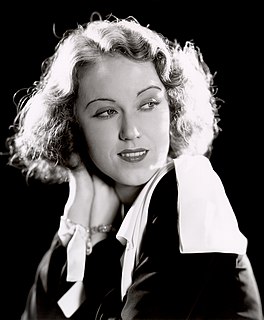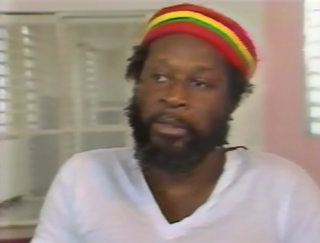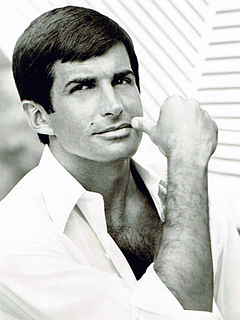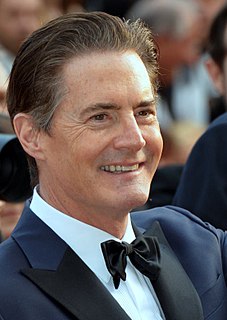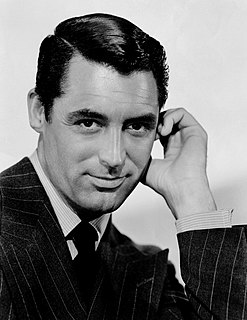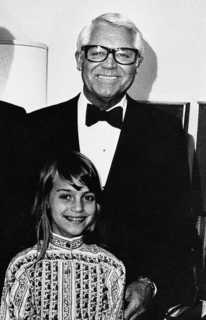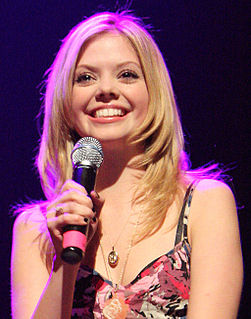A Quote by Fay Wray
Cary Grant and I were doing a play in New York. He had a crush on me. Whenever we went to a party, he would always sit on the floor beside me. I thought that was kind of beautiful, like that's where he wanted to be.
Related Quotes
What kind of motivated me to join the Black Panther Party was that I, along with some of the comrades that I was working with in New York, had heard about the Black Panther Party, and they were doing things that we wanted to do in New York, and we thought that would be a better vehicle than the vehicle that we had going on in New York. They were better organized, and they already had their Ten-Point Platform and Program, and people already heard about them. So we decided that we would join the party, when given a chance.
I wanted to be an actor ever since I was five. My grandparents - my mom's parents in New York - were stage actors. I think indirectly I wanted to do it because of them. My grandfather would tell me stories about Tennessee Williams and actors he worked with in New York. He had such a respect for acting and such a love for storytelling about that world. I grew up hearing him tell tales of it.They were never encouraging me or discouraging me to take part. They were always feeding me with theater.
The New York book was a visual diary and it was also kind of personal newspaper. I wanted it to look like the news. I didn’t relate to European photography. It was too poetic and anecdotal for me… the kinetic quality of new york, the kids, dirt, madness—I tried to find a photographic style that would come close to it. So I would be grainy and contrasted and black. Id crop, blur, play with the negatives. I didn’t see clean technique being right for New York. I could imagine my pictures lying in the gutter like the New York Daily News.
No one guided me through it, but here is how it happened: I was in New York doing a play, and an agent got in touch with me and said he wanted to take me out for lunch. In the theatre, they never want to take you out for lunch, so I thought, 'Yes!' I went, I ordered steak, and he told me he thought I should write for TV.
I think the biggest mistake - I was always a big fan of Cary Grant, and he asked me to do a movie with him, playing the second lead, and I didn't do it. And to this day, I can't remember why. But I could've said I worked with Cary Grant, but I turned him down. That was probably the biggest mistake I ever made.
Honestly, people told me to. It was weird, I graduated from school, I never thought I'd live in L.A. and I always wanted to be to New York. I assumed that would be my trajectory - that romantic ideal of moving there and doing plays Off-Broadway and being scrappy about it. Then we did a showcase in New York and a showcase in L.A., and for whatever reason the response that I generated in L.A. was significantly more enthusiastic.
I had a fantasy as a child that I might be a writer someday. I always thought that meant you went to New York or Paris. But after that intense summer, I never thought that I wanted to live any place but Chicago. It also made me see what the stakes were in the civil rights movement. And it made me see what real hatred was like and the forms that it took. But it also made me understand how powerless ordinary people feel in their lives.
In 'Charade,' there was a big fight. George Kennedy was playing one of his first big heavy roles; he had a hook for a hand, and he was real ugly. Cary Grant was Cary Grant. They were on a slanted roof, a very exciting fight, and we agreed there shouldn't be any music, just the grunts and the action.
